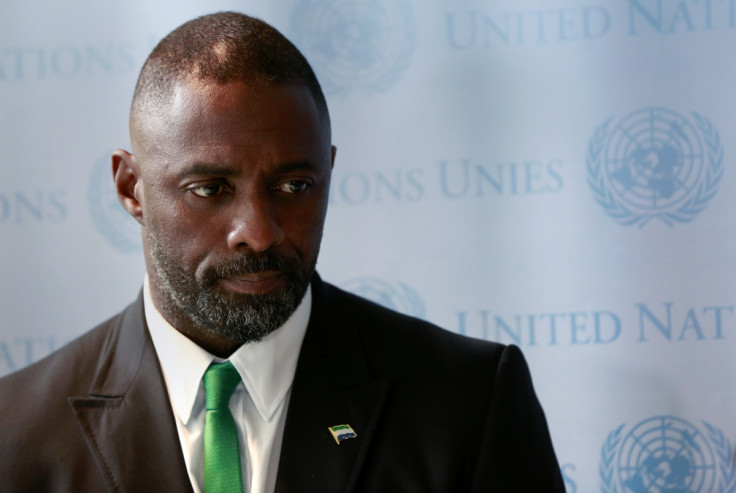Idris Elba feels British television offers 'one-dimensional roles' to black actors

While the Academy of Motion Pictures Arts and Sciences is facing flak for this year's all-white best actor nominations, British television has been brought into the spotlight for its casting of black actors. Actor Idris Elba has pointed out British television's inability to create a larger variety of roles for black actors, most often depicting them as "petty criminals".
He also expressed the view that women suffered from limitations in the choice of roles available to them, leaving them to play the roles of "love interests". Speaking in front of a gathering of MPs and industry executives at the House of Commons on 18 January, the lead of BBC's detective drama Luther said, "The Britain I come from is the most successful, diverse, multicultural country on earth. But here's my point: you wouldn't know it if you turned on the TV."
The Beasts of No Nation actor felt that the industry saw black actors and women directors as commercial risks. "Too often commissioners look at diverse talent, and all they see is risk. Black actors are seen as a commercial risk. Women directors are seen as a commercial risk. Disabled directors aren't even seen at all," he said.
Asking the broadcasters to step back and view the current situation, he asked: "Are black people often playing petty criminals? Are women always playing the love interest or talking about men? Are gay people always stereotyped? Are disabled people hardly ever seen?"
Speaking about his own experiences as a British actor in the UK, Elba explained, "I don't think of myself as just a 'black actor'. I'm an actor, not a number. And that's what used to drive me mad as an up and coming actor. My agent and I, we'd get scripts and we were always asked to read the 'black male' character. Or 'the athletic type'. But when a script called for a 'black male', it wasn't describing a character. It was a describing a skin colour.
"I knew I wasn't going to land a lead role. I knew there wasn't enough imagination in the industry for me to be seen as a lead. In other words, if I wanted to star in a British drama like Luther, then I'd have to go to a country like America."
The London-born actor eventually moved to the US in search of roles that were not "one-dimensional". He went on to play a leading role in the HBO drama The Wire.
With so much focus on issues of stereotyping as well as marginalising within the industry, broadcasters say they are working to take definitive steps to create change and increase diversity in the television industry. More disabled people are finding opportunities in front of the screen with Channel 4's recent decision to double the number of disabled participants in its 20 top shows.
The BBC has been trying to include more people from minorities and has promised to continue funding a £2m ($2.86m) program to boost ethnic minority staff numbers.
© Copyright IBTimes 2025. All rights reserved.






















